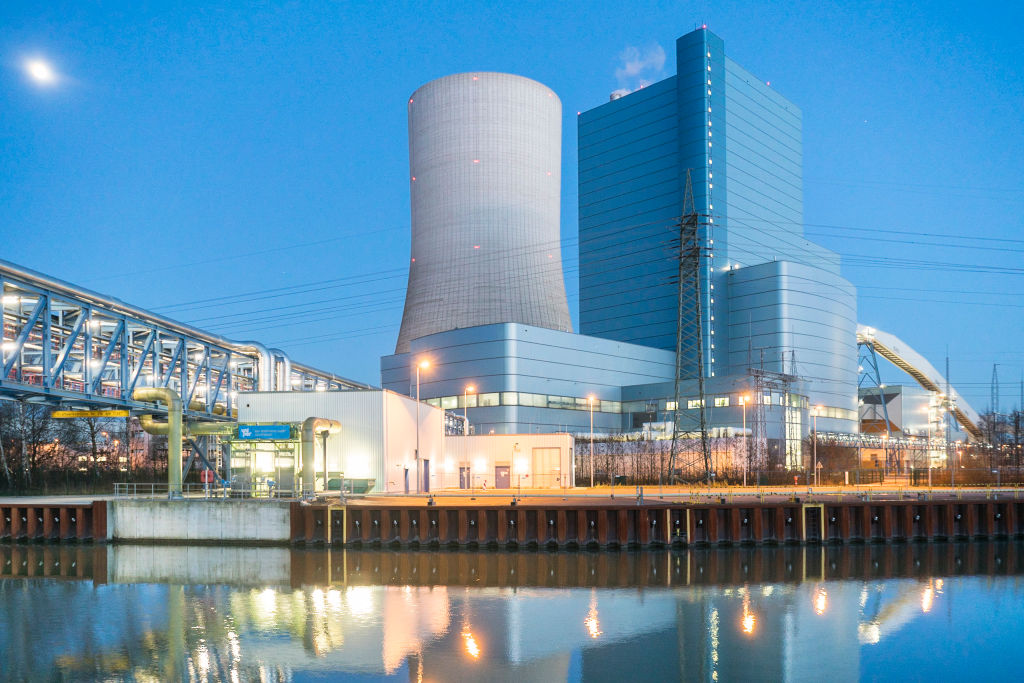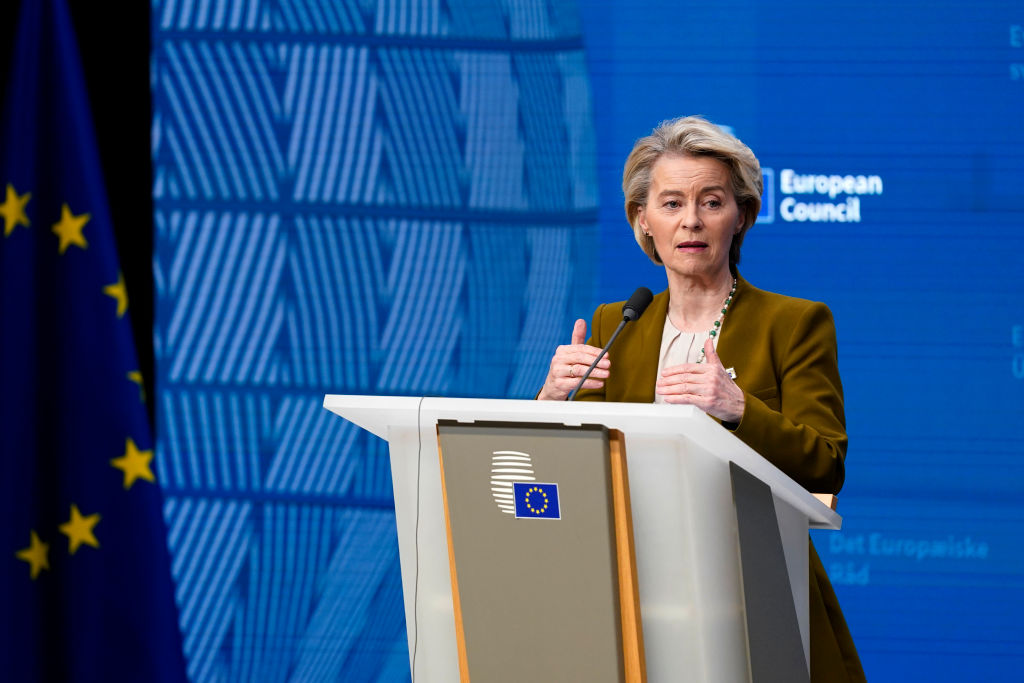Former climate change commissioner Frans Timmermans and former environment commissioner Virginijus Sinkevičius are the subject of an official complaint by the European Taxpayers’ Association (TAE) over NGO funding between 2019 and 2024.
In a four-page document, seen by German news outlet Bild, the TAE accused both of allegedly non-transparent and possibly unlawful allocation of funds to NGOs.
It alleged that €7 billion worth of European Union funds were allocated without sufficient control and claimed that money was used to influence the European Parliament and to litigate against private corporations.
The complaint was sent to the Munich Public Prosecutor’s Office and to the European Public Prosecutor’s Office in Luxembourg.
On July 24, in a reaction to Brussels Signal, TAE President Michael Jäger said the goal of the complaint was to get a legal opinion on what he called the many disturbing media reports he had seen regarding the way the European Commission spent money.
“We have seen and read in the media about concerns regarding the lobbying activities of the Commission and the potential violation of the separation of powers,” he said.
“Additionally, there are questions about the allocation of European funds. Specifically, is it allowed to use European funds in ways that contradict European aims? If such actions are illegal, then appropriate measures should be taken.
“The allocation of public funds must be transparent and comprehensible,” Jäger stressed, noting that ” We are not against the funding of NGOs; rather, this is a principled question to clarify the proper use of European funds.
“The Court of Auditors has also raised similar concerns, stating that if European funds are allocated, the aims of the EU should not be violated, and transparency and efficiency should be respected,” Jäger said.
He stressed that “the controlling bodies of the EU, including the prosecutor, should look into these matters. A complete juridical clarification is needed” and that “funding decisions, including the contracts, should all be made public” because they were all funded with taxpayers’ money.
“There have been cases of absurd spending, such as subsidising wrestling in Gambia, [Between 2020 and 2023, the European Union allocated almost €500,000 to promote wrestling in Gambia to “combat the effects of climate change”] and the question arises: For what should this money be used?”
Jäger said he did not want to go after NGOs who did their work well, or funding for education but pointed out that “the focus should be on transparency and ensuring that the funds are used in line with the aims of the EU”.
“The European Parliament and the European Commission should be much more controlling and hands-on. If internal controls are not sufficient, then the prosecutor should intervene.
“If you want EU money and get a contract, there should be transparency. Publish the details! It is not private money; it is taxpayer money, and people work hard for it. Efficiency and control are essential,” he said.
An increasing amount of money from the €240 billion EU budget is being spent in “irregular ways”, and the record amount of financial debt is problematic, the European Court of Auditors has said. https://t.co/mXcNdBekP3
— Brussels Signal (@brusselssignal) October 10, 2024
In June, German news outlet Die Welt examined documents that it said showed Brussels’ alleged secret funding went further than previously known.
One NGO, ClientEarth, received €350,000 to initiate legal action against German coal-fired power plants, with the aim of increasing the “financial and legal risk” for their operators, Die Welt alleged.
Another NGO, Friends of the Earth, likewise received significant funding, much apparently connected to the now controversial LIFE programme, pushing for “climate action”. It also took up the fight against the Mercosur free-trade agreement between Europe and South America.
Other groups were paid to influence MEPs in their vote on pesticides and chemicals, it was alleged.
EU-funded NGOs are behind attempts to rally the European Parliament against the so-called “far-right”, a Brussels Signal investigation has revealed. https://t.co/W6b4wKUbu2
— Brussels Signal (@brusselssignal) July 24, 2024
In April this year, the European Court of Auditors (ECA) criticised the EU in a report for its “opaque” funding practices and “fragmented and unreliable” information.
While huge amounts of taxpayers’ money was given to NGO’s – €4.8 billion was granted by the EC and €2.6 billion by EU member states – the ECA found in its report “there is no reliable overview of EU money paid to NGOs”.
“Despite some progress since our last audit, the picture of EU funding for NGOs remains hazy, as information on EU funding – including lobbying – is neither reliable nor transparent,” said Laima Andrikienė, the ECA member in charge of the report .
Of the more than 4,400 NGOs to have received grants, 30 got more than 40 per cent of total funds during the 2014-2023 period, or €3.3 billion, the ECA found.
The auditors said that the EC’s oversight of who or what qualified as an NGO was seriously lacking. From 2021 to 2023, more than 90 per cent of funding recipients — in excess of 70,000 organisations — were not clearly labelled as NGOs, it claimed.
Secret contracts between the European Commission and “green” NGOs were reportedly part of an alleged “shadow lobbying scheme”, according to a Dutch newspaper. https://t.co/cAWxagk9TA
— Brussels Signal (@brusselssignal) January 23, 2025





